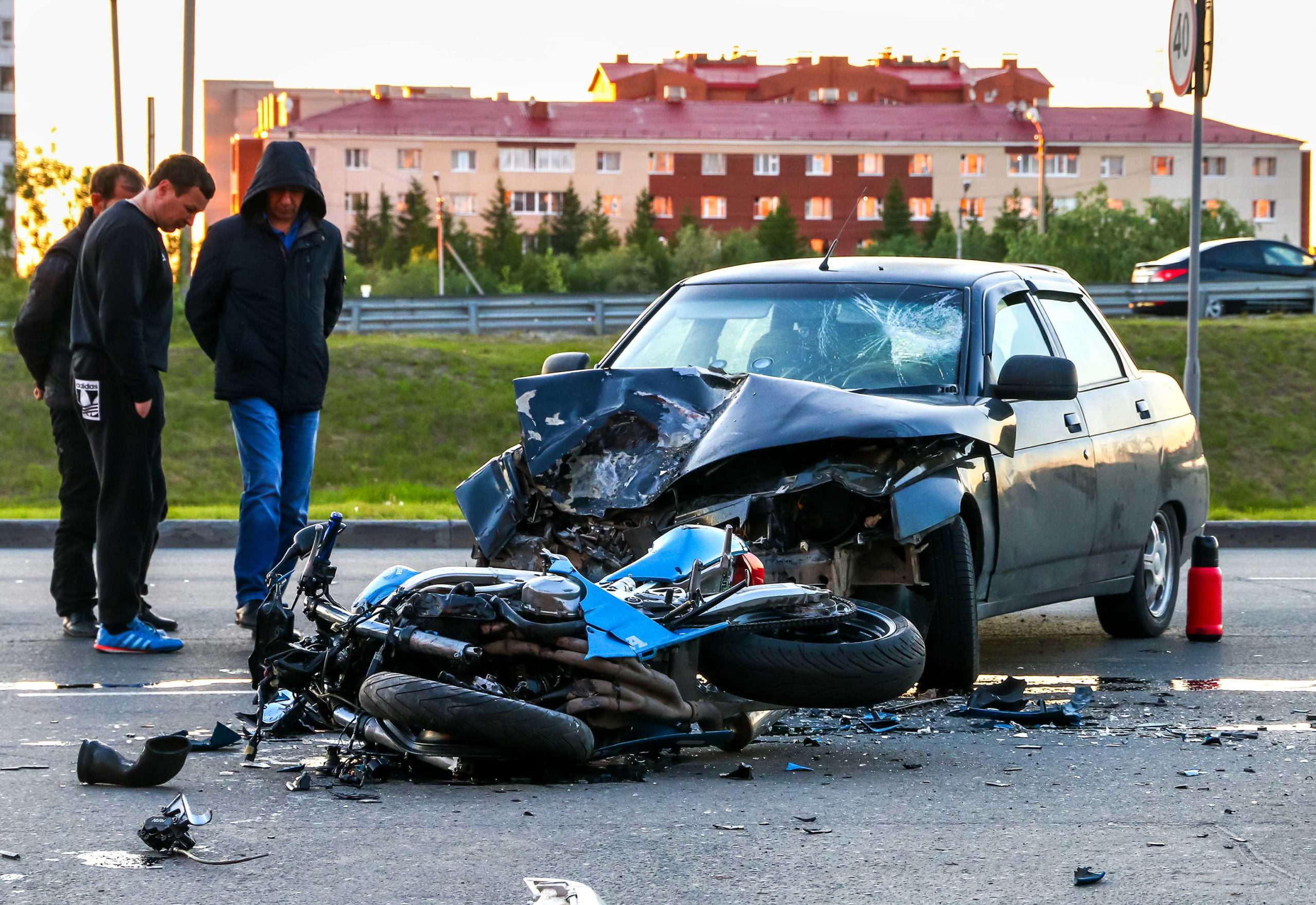Common Injuries in Motorcycle Accidents
Motorcycle accidents often result in severe and sometimes permanent injuries. Common injuries include road rash, broken bones, head trauma, spinal cord damage, internal bleeding, and traumatic brain injuries (TBI). Unlike car passengers, riders are directly impacted by the collision and the road surface, often suffering multiple injuries at once. Many of these injuries require extensive treatment, long-term rehabilitation, and can lead to chronic pain or disability. The physical and emotional toll can be devastating.


